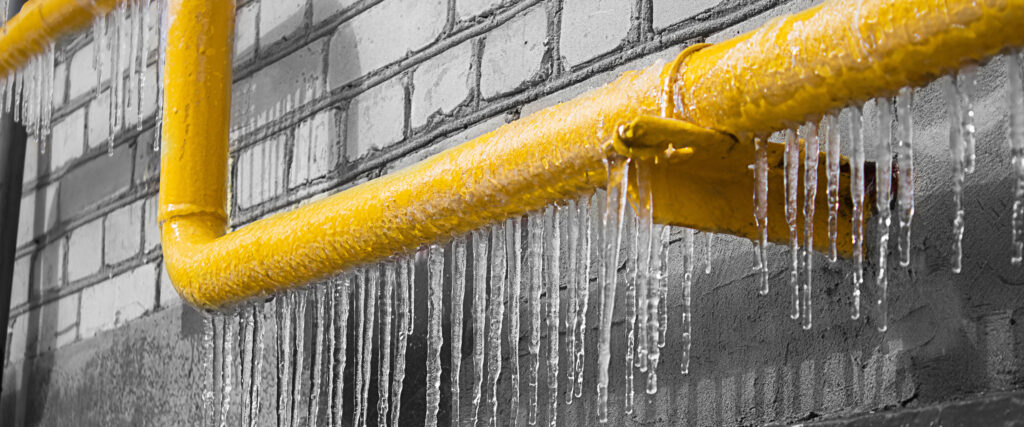
Protect Your Properties from Freezing Temperatures
As winter’s temperatures descend upon us, it brings with it the potential for significant challenges to your real estate investments. Last month, an Arctic cold front swept across much of the US, leaving closed roads, accidents, and property damage in its icy wake. The freezing temperatures served as a stark reminder of the seasonal hazards that can jeopardize the integrity of your properties. As the frosty embrace of winter sets in, the importance of fortifying your real estate against the impending freezing temperatures becomes paramount.
In this guide, we search into the essential measures to protect your properties from the harsh winter conditions that pose high-risk exposure. From addressing the vulnerability of frozen pipes to mitigating the impact of heavy snow and ice on roofs, our goal is to empower you with proactive strategies. This isn’t just about shielding your investments, it’s about fostering resilience and ensuring the longevity of your real estate assets in the face of winter’s unpredictable challenges.
Explore our comprehensive winterization guide below, and let’s embark on a journey to safeguard your properties and secure peace of mind throughout the winter season.
To help you protect your real estate investment for winter temperatures, consider the following recommendations:
* Keep the heat on: Include in your lease agreement a minimum temperature of 65 degrees when
the tenant(s) are on vacation to prevent claims or expensive repairs.
* Cover outdoor plumbing: Use foam pipe insulation to protect pipes from freezing.
* Inspect HVAC systems: Ensure they are running efficiently by hiring a professional.
* Replace caulking or sealant: Check windows and doors for any needed repairs.
* Snow and ice removal services: Find contractors before snow arrives to avoid liability claims.
* Trim tree branches: Prevent falling branches from damaging your property or neighboring
properties.
* Test detectors: Ensure smoke and carbon monoxide detectors are functioning properly.
* Inspect vacant properties: Consider turning off the water supply, draining pipes, and using non-
toxic antifreeze in toilets.
* Remove food from vacant properties: Prevent pests by emptying the pantry before vacating.
* Community Communication: Establish a communication channel with other property owners in
your community. Share information on local snow removal services, weather updates, and any
community-specific winterization tips.
* Educate Tenants: Provide tenants with a winterization guide, outlining their responsibilities
during the colder months. Encourage them to report any maintenance issues promptly to
address potential problems before they escalate.
Why should you winterize your properties even with insurance?
While insurance should cover water damage, snow, rain, ice, and burst pipes, individual policy language varies. Some policies only cover repair costs, while others may cover damage surrounding the property. Insurance carriers require property owners to take appropriate steps to avoid potential problems. To avoid the consequences, repairs, and costs of failing to prepare, especially if you own multiple properties or are an out-of-state investor, consider contacting a reputable property management company for assistance with winterization and maintenance.
Additionally, reach out to your insurance agent to understand the policy language regarding winter coverage. Remember, insurance acts as a safety net, but comprehensive winterization measures serve as your property’s first line of defense. The coordination between preventive actions and insurance coverage creates a robust shield against the uncertainties that winter brings.
Stay informed, stay protected, and feel free to reach out if you have any questions about optimizing your insurance coverage for the winter season.
